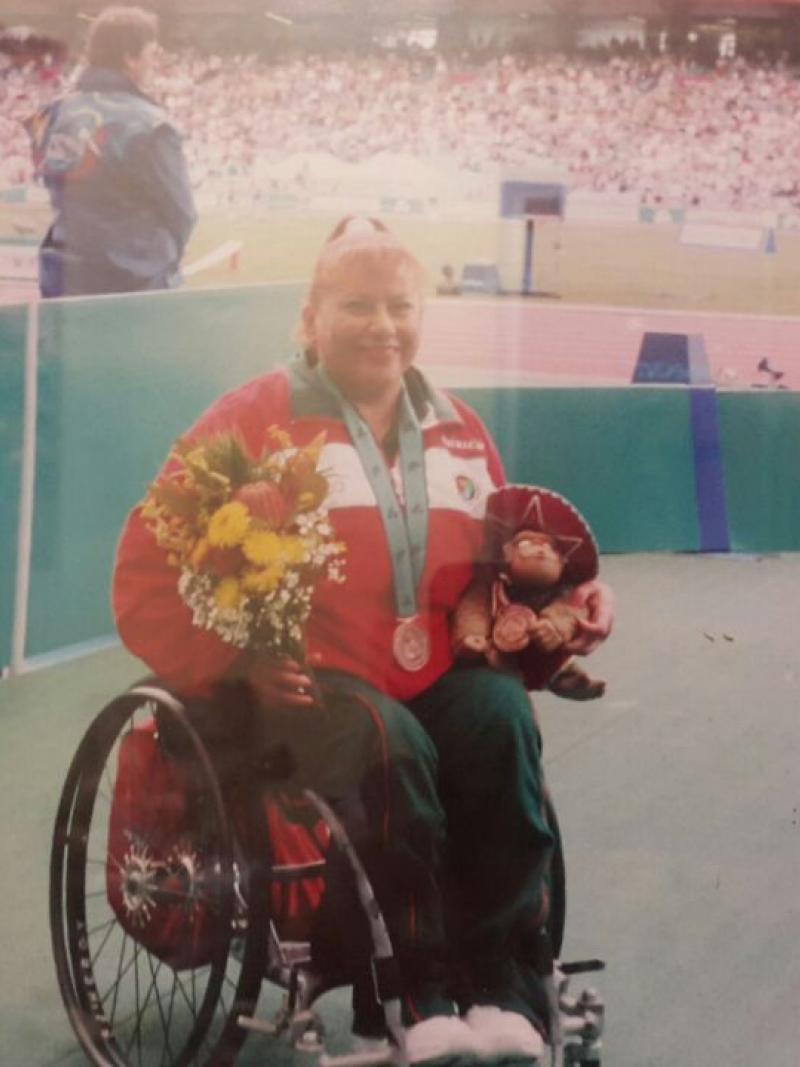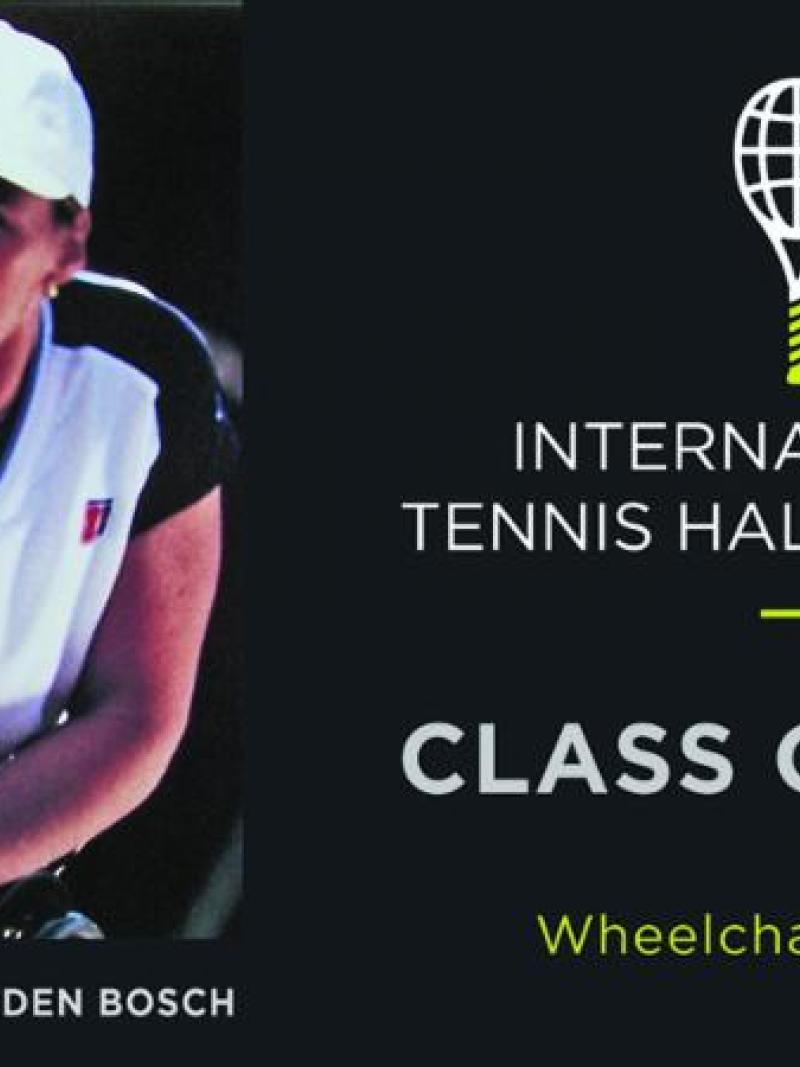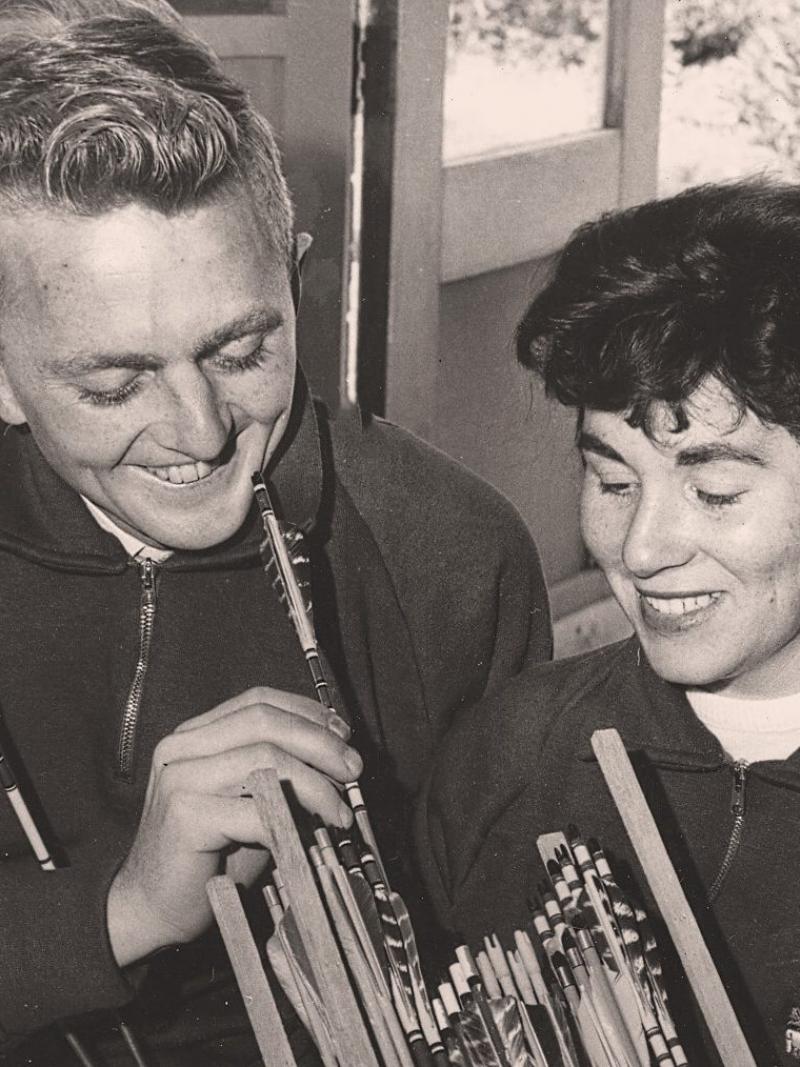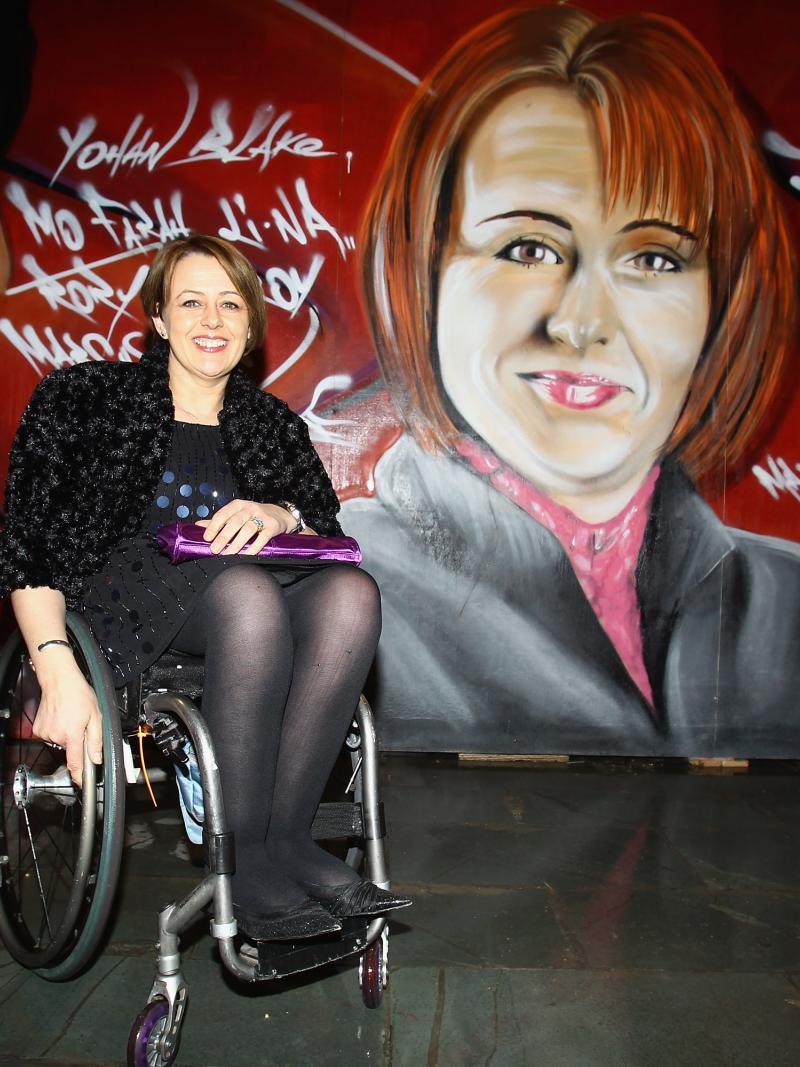Throwback Thursday: Mexico’s Cristina Hoffman
The table tennis player, who won silver at Atlanta 1996, received the ‘National Sports Award’ from Mexican President Enrique Pena Nieto in recognition of her career. 23 Feb 2017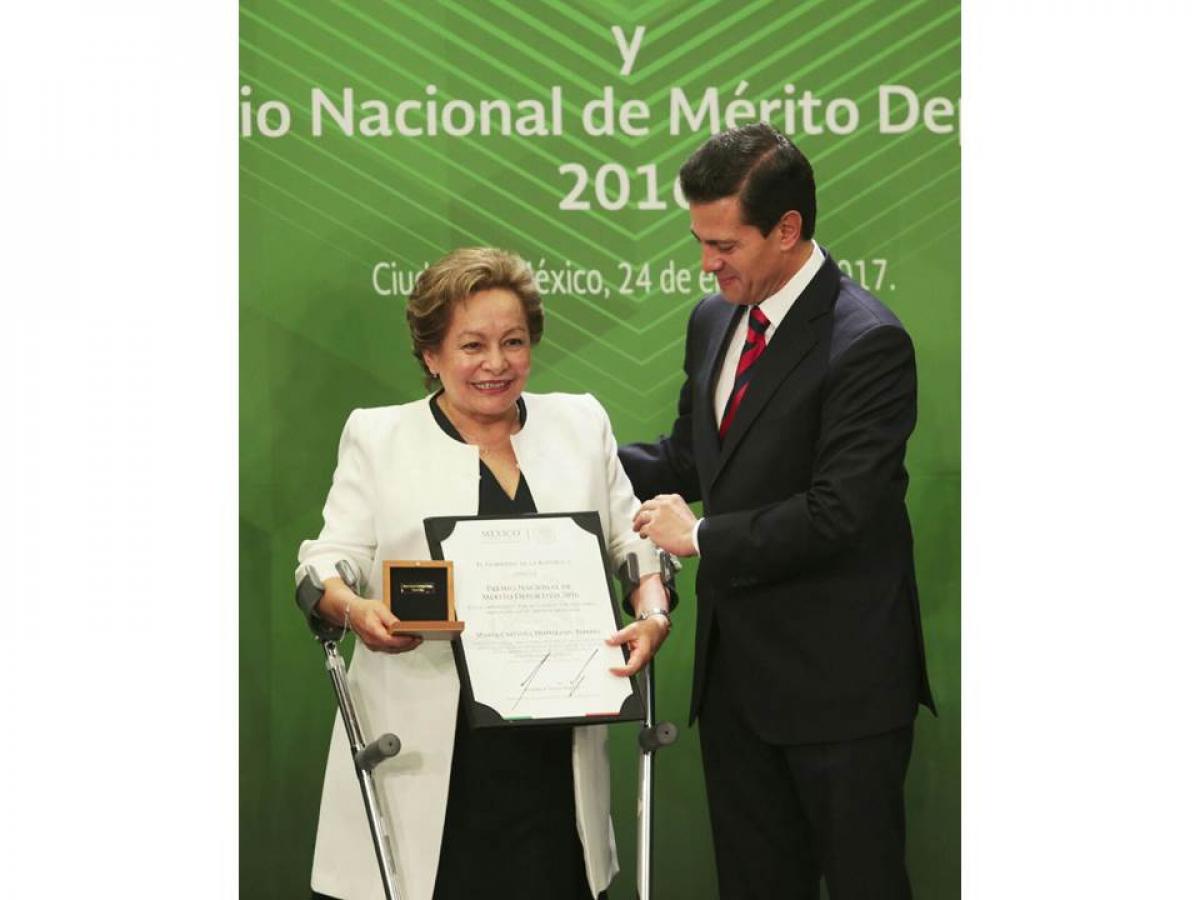
Cristina Hoffman
“I admit I would have liked to win gold, but performing well in a sport which is not so popular in Latin America was satisfying enough for me.”
Thirteen years after retiring from competitive sports, table tennis Paralympic silver medallist Cristina Hoffman was given the ‘National Sports Award’ by Mexican President Enrique Pena Nieto in recognition of her successful career at a ceremony in January.
Hoffman took silver at the Atlanta 1996 Paralympic Games, won at three World Championships and reached the top spot of the world rankings on eight occasions.
“This award is very important for me because it recognises decades of hard work and dedication,” said Hoffman, who competed at four Paralympic Games.
Her first Paralympic experience was at Barcelona 1992, where she was eliminated in the preliminary rounds of both the women’s open 1-5 and singles 5.
“I thought I was well prepared for those Games but noticed when competing that I still needed to improve a lot,” she said.
“From then on, I started training every day and practiced even with able-bodied table tennis players.”
As a result of her new training regime, Hoffman improved rapidly and won her first world titles in 1993 and 1995.
“I won another in 1998. Those were three of the biggest achievements in my career,” she said.
Hoffman went to Atlanta, USA, in 1996 to compete at her second Paralympics with renewed confidence.
“That event was special to me because I could take my sons Sergio Rafael and Jose Fernando to an international competition for the first time,” she said.
“They acted as volunteers and could witness first hand by watching all the Para athletes participating that anything could be achieved no matter how impossible it might look like.”
Hoffman lost to Austria’s Susanne Schwendtner 2-1 and defeated Germany’s Helga Stoss in the group stage, and qualified for the quarter-finals. She went on to beat the Netherlands’ Marielle Brouwer Van Der Ploeg 2-0 and Germany’s Gisela Pohle 2-1 to reach the final.
In the gold-medal match, the Mexican again lost to Schwendtner 2-1 and finished in second place.
“I admit I would have liked to win gold, but performing well in a sport which is not so popular in Latin America was satisfying enough for me,” said Hoffman.
“Atlanta 1996 was also a proof that my previous titles were a result of a systematic and persistent work over the years and not because I had played against minor rivals.”
Hoffman believes she was even better prepared and was the strongest candidate for gold four years later in Sydney, Australia. However, she could not medal again.
“Sometimes you win, sometimes you lose. That is what sports are about,” she said.
“After competing at Athens 2004 Paralympic Games I decided to stop playing. Nothing better than retiring when you are still at the top of your sport.”
Editor’s note: “Throwback Thursday” is a feature series published on Paralympic.org twice a month, bringing you some of the top Paralympic athletes of the past.





